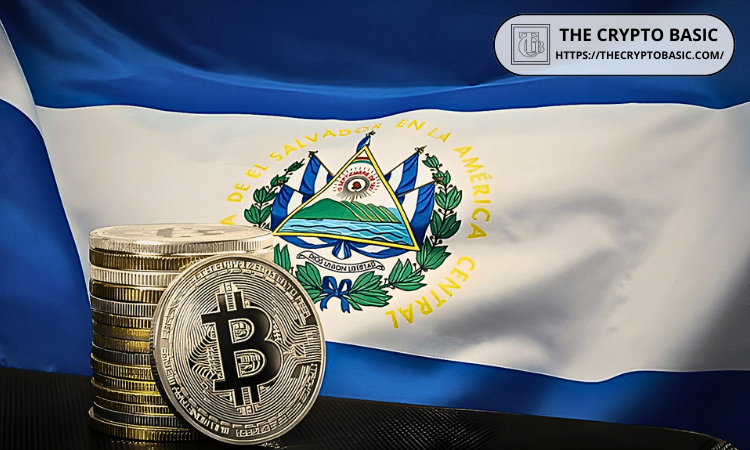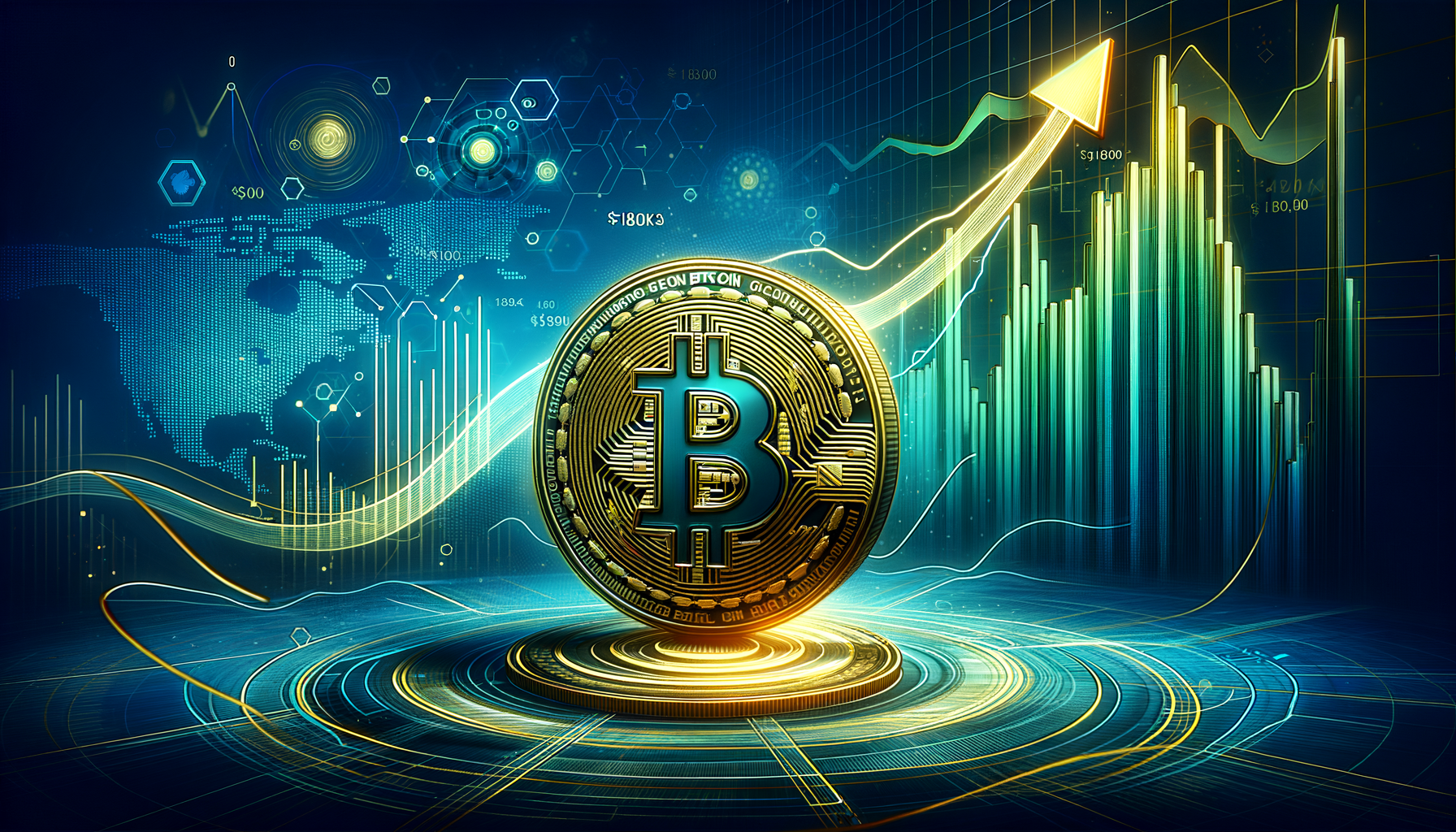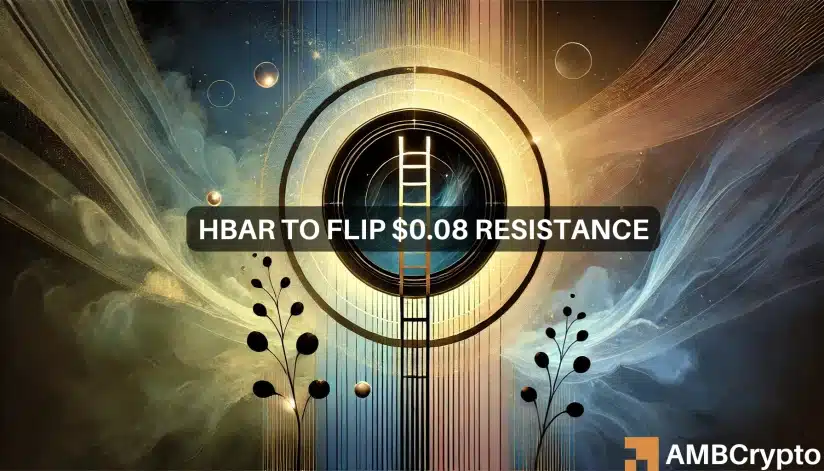El Salvador, a Bitcoin-friendly country, has now become one of the safest nations in the world amid drastic policies from Bitcoin advocate Bukele.
El Salvador’s transformation under President Nayib Bukele has been nothing short of remarkable. Once one of the most dangerous countries in the world, El Salvador is now ranked as the 8th safest nation, according to recent reports.
Data shared by media outlet Radar Hits confirms that up to 88% of the El Salvadoran population now feels safe walking alone.
❤️ 🇸🇻 El Salvador is now the 8th safest country in the world.
88% of Salvadorans feel safe walking alone at night in the city. pic.twitter.com/4mX55oH7Xx
— Radar🚨 (@RadarHits) September 24, 2024
This is a contrast to its situation a decade ago when violence and crime were rampant. For context, historical data confirms that from 2015 to 2016, about 70% of the population felt unsafe walking, while only 30% felt safe.
Notably, the recent data suggests that Kuwait tops the list for countries whose citizens feel safe walking alone, with about 99% of people having a sense of safety. Meanwhile, Singapore also boasts a high rate of 94%, with Norway and Saudi Arabia both seeing 92%.
President Bukele’s Tough Stance
Despite El Salvador being 8th on the list, its progress from 30% feeling safe to 88% within eight years is particularly commendable. A key driver of this transformation has been President Nayib Bukele’s tough stance on crime.
His “state of exception” policy, introduced in March 2022, allowed mass incarcerations of gang members, drastically reducing violence. Despite criticism from human rights organizations, who argue that this policy bypasses legal safeguards and harms civil liberties, the impact on public safety has been undeniable.
The policy helped arrest thousands, but some organizations argued that certain individuals were innocent. Interestingly, the murder rate in El Salvador plummeted, leading to the country’s new reputation as a safer destination for both residents and tourists.
El Salvador’s Bitcoin Bet
Notably, Bukele’s reforms also extended beyond security to the economic scene. One of his most controversial decisions was adopting Bitcoin as legal tender in 2021, alongside the U.S. dollar.
Initially, the move faced backlash from international financial institutions, many of which warned that this could destabilize El Salvador’s economy. Agencies like Fitch Ratings even downgraded the country’s credit rating, predicting financial disaster.
However, Bukele’s Bitcoin gamble is now paying off. The country’s Bitcoin bonds, once considered high-risk, have soared in value. Bukele committed to buying 1 BTC a day from November 2022. Data shows the country now holds 5,883 BTC, with a profit of $60.5 million.
These profits are mostly due to a rebound in Bitcoin’s price, with the premier crypto’s resurgence triggering growing confidence in El Salvador’s financial management.
Multiple global investors, once skeptical, are now backing the country, attracted by opportunities in Bitcoin mining and renewable energy projects that leverage the country’s natural resources.
A Boost in Tourism and Digital Economy
Further, Bukele’s administration has also focused on infrastructure and digital connectivity. Tourism is booming, with initiatives like SurfCity and the hosting of major international events, such as the 2023 Central American and Caribbean Games, drawing global attention to the country.
While Bukele’s policies continue to face criticism—particularly from those who see his governance style as authoritarian—the results speak for themselves. El Salvador’s economy is stabilizing, tourism is growing, and for the first time in years, Salvadorans feel safer in their own country.
Disclaimer: This content is informational and should not be considered financial advice. The views expressed in this article may include the author’s personal opinions and do not reflect The Crypto Basic’s opinion. Readers are encouraged to do thorough research before making any investment decisions. The Crypto Basic is not responsible for any financial losses.








